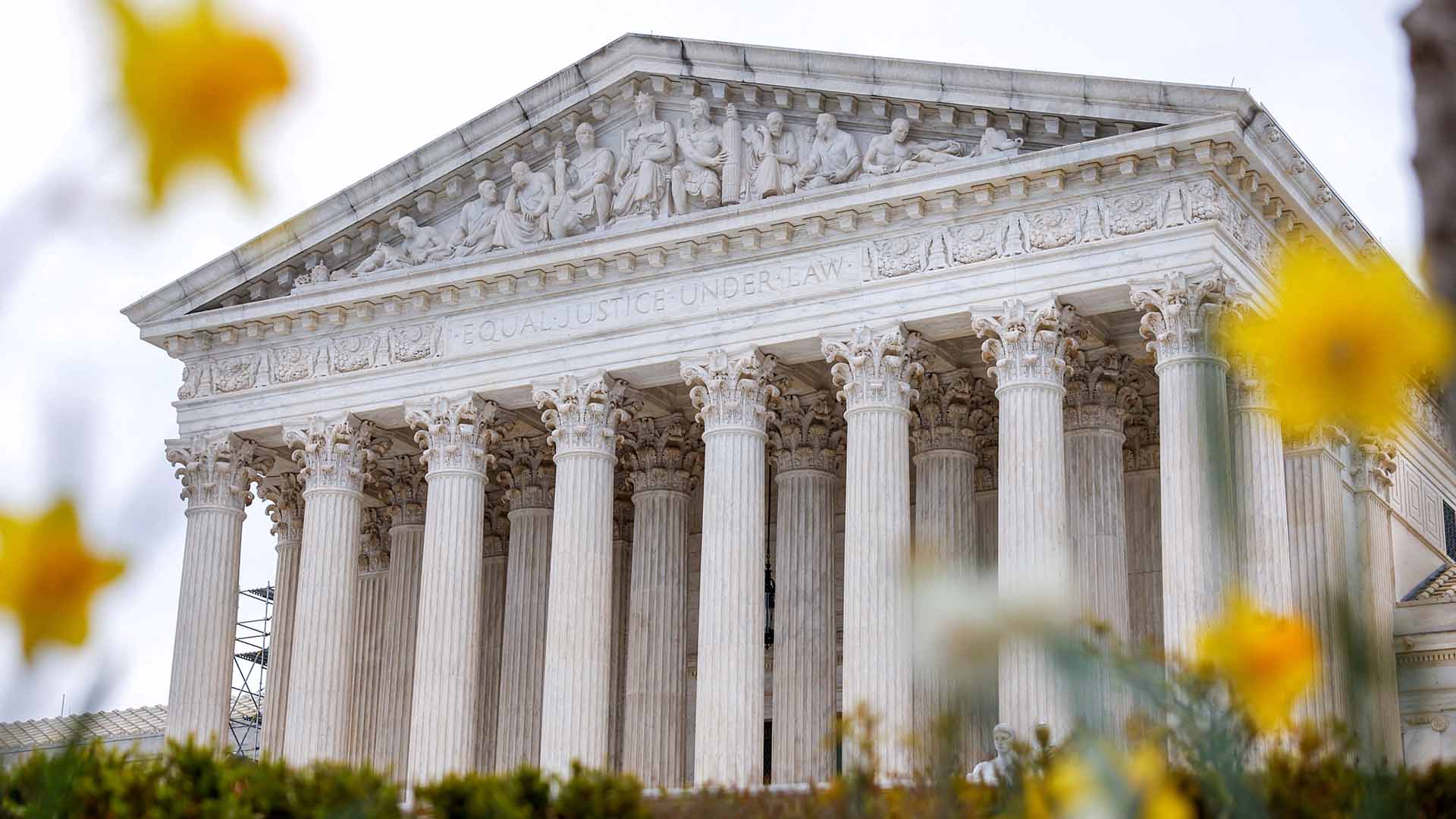

Supreme Court Agrees to Hear Case That Could Spell the End of Judicial Deference to Federal Agencies

The Supreme Court agreed to hear Loper Bright Enterprises v. Raimondo, a case which could see an end to Chevron deference, in which courts defer to a federal agency’s interpretation of an ambiguous statute.
The Court limited its grant of certiorari to the second question presented — namely, “whether the Court should overrule Chevron or at least clarify that statutory silence concerning controversial powers expressly but narrowly granted elsewhere in the statute does not constitute an ambiguity requiring deference to the agency.”
Justice Ketanji Brown Jackson recused herself from the case.
The case involves Loper Bright Enterprises, a family‐owned herring fishing company that operates in New England waters. A National Marine Fisheries Service regulation requires that herring fishing boats allow an additional person on board to serve as a monitor, tracking compliance with federal regulations. The monitor’s salary must be paid by the fishing company being monitored, reducing fishing profits in an industry where margins are tight.
Loper Bright Enterprises and other companies sued to challenge the rule, saying the statute doesn’t mention payment of the monitor, but the district court ruled against the industry.
A divided panel on the D.C. Circuit Court of Appeals ruled that the agency had appropriately interpreted the statute, deferring under the Chevron framework.
Judge Justin Walker dissented, arguing “Congress did not…authorize the National Marine Fisheries Service to make herring fishermen in the Atlantic pay the wages of federal monitors.”
Alliance Defending Freedom senior counsel Matt Bowman, whose organization filed an amicus brief, explained in a statement that bureaucrats are weaponizing federal laws to disrespect Americans’s most fundamental rights.
“We urge the Supreme Court to take this case, overrule Chevron v. Natural Resources Defense Council, and affirm that courts should not defer to federal agencies when they overstep their executive authority and violate Americans’ First Amendment rights,” Bowman said.
